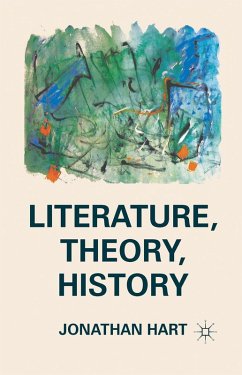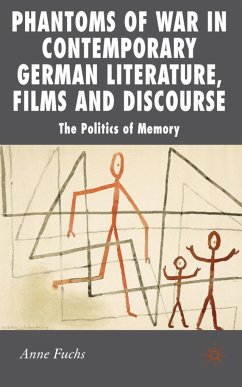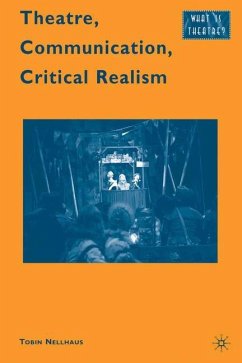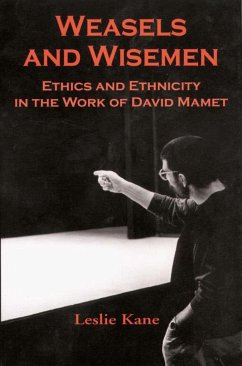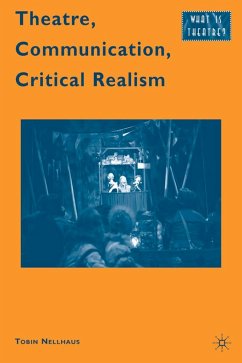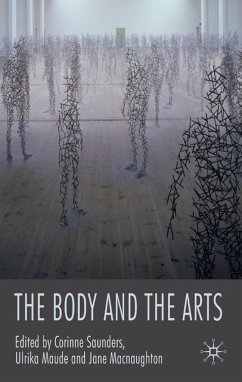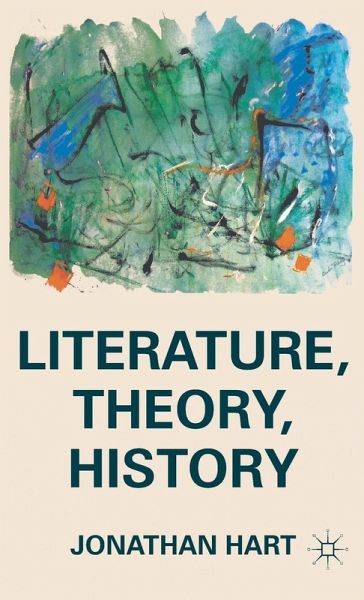
J. Hart
Gebundenes Buch
Literature, Theory, History
Versandkostenfrei!
Versandfertig in 6-10 Tagen
Weitere Ausgaben:

PAYBACK Punkte
19 °P sammeln!





This book discusses literature, theory and history in close relation. Its main focus is on comparative literature and history, culture, poetics, rhetoric, theatricality, genre and gender, and balances close reading with theory and historical context.
JONATHAN HART Professor in theDepartment of English and Acting andDirector of the Program in Comparative Literature at theUniversity of Alberta, Canada.
Produktdetails
- Verlag: Palgrave Macmillan / Palgrave Macmillan US / Springer Palgrave Macmillan
- Artikelnr. des Verlages: 978-0-230-11339-8
- 2011 edition
- Seitenzahl: 265
- Erscheinungstermin: 5. Oktober 2011
- Englisch
- Abmessung: 241mm x 159mm x 20mm
- Gewicht: 471g
- ISBN-13: 9780230113398
- ISBN-10: 0230113397
- Artikelnr.: 33612258
Herstellerkennzeichnung
Libri GmbH
Europaallee 1
36244 Bad Hersfeld
gpsr@libri.de
"With respect for the 'messiness' of the text - another name for its irreducibility to other purposes - Hart considers the migratory history of literary studies in our time. His praise of comparison as a way of seeing lifts the discussion out of interdepartmental debates, and his history of the worldwide career of Las Casas demonstrates the unpredictable force of texts engaging with otherness." - Haun Saussy, University of Chicago and author of The Problem of a Chinese Aesthetic and Great Walls of Discourse
"Hart (English and comparative literature, Univ. of Alberta, Canada) gives a history of comparative literary theory as affected by post-colonialism and globalization. He discusses the theory of the literature of conquest and the
"Hart (English and comparative literature, Univ. of Alberta, Canada) gives a history of comparative literary theory as affected by post-colonialism and globalization. He discusses the theory of the literature of conquest and the
Mehr anzeigen
history of criticism as it examines race and "othering." He considers the key to his book to be "poetics and rhetoric, representation and the art of persuasion" and examines poetry in detail because of the coding the poetic voice uses and that voice's indirect relationship with the reader. Hart insists that interpretation is as old as Plato. Many (David Lodge comes to mind) would argue that criticism exists to support certain incestuous circles (English literature departments arguing for their own existence). However, Hart sees theory as a way of understanding poetry, theater, and literature. He asks for close reading and an understanding of the ways global literature speaks to other work and across cultures; he looks for reading and understanding to work in the context in which the work was written. In other words, he argues that before criticizing a writer or a work of literature, the reader must know history. Summing Up: Recommended. Graduate students, researchers, faculty" - Choice
Schließen
Für dieses Produkt wurde noch keine Bewertung abgegeben. Wir würden uns sehr freuen, wenn du die erste Bewertung schreibst!
Eine Bewertung schreiben
Eine Bewertung schreiben
Andere Kunden interessierten sich für




